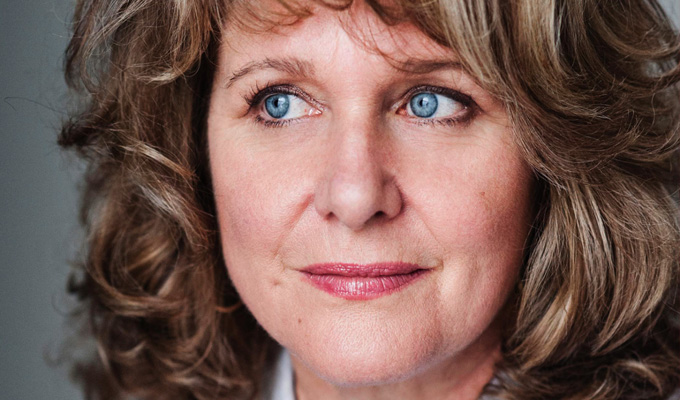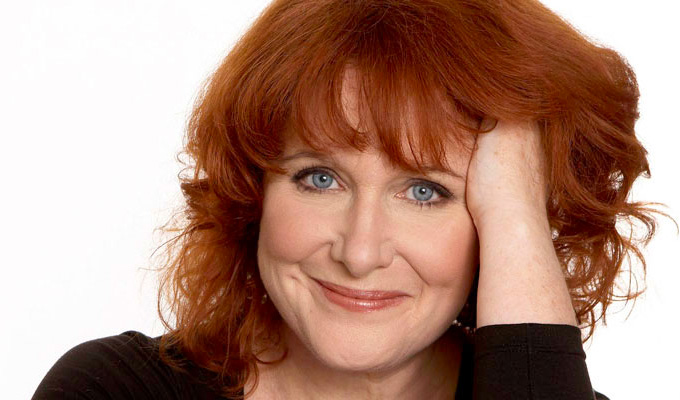Jan Ravens has pulled out of the Edinburgh Fringe – after finding that writing her show reopened old wounds.
The Dead Ringers impressionist had promised a ‘soul-baring new show’ about what it feels like to be a professional impostor with impostor syndrome’. However, she has today pulled out of her intended run at the Gilded Balloon.
In a statement, she said: ‘With much regret, I have decided to not move ahead with my Edinburgh show this year.
‘Doing a show which was a combination of memoir and impressions caused me to revisit the traumatic after-effects of a near-fatal illness in the family.
‘I embarked on the project thinking it might have brought some healing or catharsis, and in fact, the opposite seemed to be the case. I have made the decision to not develop this particular show (or a new one from scratch) based on my own mental health and well-being.
‘I’m so sorry to anyone who has bought tickets. Hope to see you all before too long.’
She did not go into details of the illness in the family.
In 2015, her record industry executive husband Max Hole stepped down as head of Universal Music Group International following a diagnosis of encephalitis – an inflammation of the brain – which affected his memory. But in a Music Week interview two years later he was described as ‘sharp, focused and likely to be the smartest guy in any room that doesn’t contain Albert Einstein’.
Ravens only made her first solo appearance at the Fringe in 2017 – although she directed the Cambridge Footlights team of Stephen Fry, Hugh Laurie, Emma Thompson and Tony Slattery in the show which won the first Perrier Award in 1981.
Although she appeared on stage with the rest of the Dead Ringers team just last month, her new show, Who Do I Think I Am? marked a move away from pure impressions and was described as ‘combining satire with Jan's own bittersweet backstory’.
As long ago as 2004 she spoke about being hit by depression, which she treated with Prozac, and has also used alternative medicine and more conventional psychotherapy to help with her well-being, saying: ‘Therapy helped, partly because you have somebody you can say anything to, and no judgment is being made. It gives you the time and space to explore stuff that you just don’t have time to touch on in your ordinary life — if you did, you’d spend all your time in tears.’




